For years, fruit juice has been marketed as a healthy alternative to soda, a natural way to get your daily dose of vitamins. Walk into any supermarket, and you’ll find shelves lined with cartons and bottles boasting "100% pure," "no added sugar," and "packed with antioxidants." But is drinking fruit juice really the same as eating whole fruits? Nutritionists and health experts are increasingly sounding the alarm about the hidden dangers of what they call "liquid sugar bombs."
The idea that fruit juice is just as nutritious as whole fruit is a misconception that has persisted for decades. Many people assume that because juice comes from fruit, it must be good for you. After all, it contains vitamins like C and A, along with minerals such as potassium. But what’s often overlooked is how the process of juicing strips away the most beneficial parts of the fruit—the fiber. When you eat an apple, for example, the fiber slows down the absorption of sugar into your bloodstream, preventing spikes in blood glucose levels. But when you drink apple juice, you’re essentially consuming concentrated fructose without any of the fiber to mitigate its effects.
The Sugar Trap
One of the biggest concerns with fruit juice is its sugar content. A typical 8-ounce glass of orange juice contains around 21 grams of sugar—nearly as much as a can of cola. Even if the sugar is naturally occurring, your body processes it the same way it does added sugars. The absence of fiber means that the sugar is absorbed rapidly, leading to a quick rise in blood sugar followed by a crash. Over time, this cycle can contribute to insulin resistance, weight gain, and even type 2 diabetes. Studies have shown that people who consume large amounts of fruit juice have a higher risk of developing these conditions compared to those who eat whole fruits.
Another issue is portion control. It’s easy to drink a large glass of juice in seconds, consuming the sugar equivalent of several pieces of fruit without realizing it. Few people would sit down and eat four oranges in one go, but a glass of orange juice makes that possible—and even seems healthy. This disconnect between perception and reality is what makes fruit juice a "liquid sugar bomb" in disguise.
The Missing Fiber
Fiber is one of the most underappreciated components of a healthy diet, and it’s something that juice lacks entirely. Whole fruits contain both soluble and insoluble fiber, which play crucial roles in digestion, gut health, and metabolic regulation. Soluble fiber helps slow digestion, keeping you full longer and stabilizing blood sugar levels. Insoluble fiber adds bulk to stool, promoting regular bowel movements and preventing constipation. When fruit is juiced, all this fiber is left behind in the pulp, leaving you with a sugary liquid that lacks these benefits.
Moreover, fiber isn’t just about digestion—it also affects how your body processes the fruit’s natural sugars. Without fiber, the fructose in juice is absorbed much faster, overwhelming the liver and contributing to fat accumulation. This is why even "natural" fruit juices can have similar metabolic effects as sugary sodas, despite their healthier image.
What About Cold-Pressed and Detox Juices?
In recent years, cold-pressed juices have gained popularity, often marketed as a detoxifying or cleansing elixir. These juices are made by crushing and pressing fruits (and sometimes vegetables) to extract the liquid, a process that proponents claim preserves more nutrients. While cold-pressed juices may retain slightly more vitamins than traditional pasteurized juices, they still lack fiber and are just as high in sugar. The idea of "juice cleanses" is particularly misleading—your liver and kidneys are perfectly capable of detoxifying your body without the need for expensive, sugar-laden beverages.
Some juice brands have tried to address the fiber issue by adding pulp back into their products or blending whole fruits into smoothies. While this is a step in the right direction, these products are still often high in sugar and calories. The best way to get the full benefits of fruit is to eat it whole, not drink it.
The Bottom Line
Fruit juice is not the health food it’s often made out to be. While it does contain some vitamins and antioxidants, the high sugar content and lack of fiber make it a poor substitute for whole fruits. If you enjoy juice, consider it an occasional treat rather than a daily health staple. Better yet, try infusing water with slices of fruit for a refreshing, low-sugar alternative. When it comes to nutrition, whole foods will always trump processed versions—even when those versions come in a seemingly innocent glass of juice.
So next time you reach for that carton of "100% pure" juice, remember: you might be drinking more sugar than you bargained for. The real "liquid gold" is the fruit itself, not its processed counterpart.

By /Jun 5, 2025
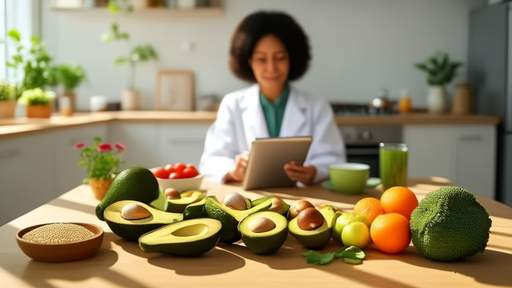
By /Jun 5, 2025

By /Jun 5, 2025
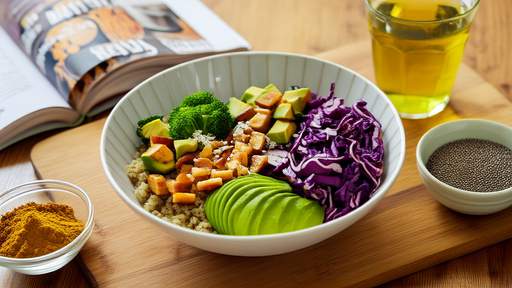
By /Jun 5, 2025

By /Jun 5, 2025

By /Jun 5, 2025
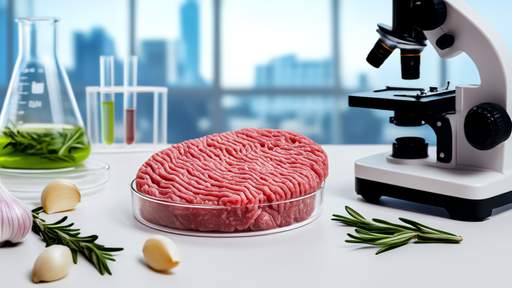
By /Jun 5, 2025

By /Jun 5, 2025

By /Jun 5, 2025
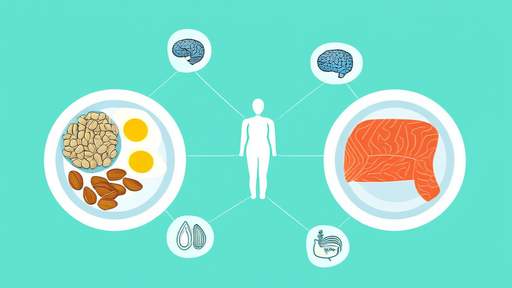
By /Jun 5, 2025
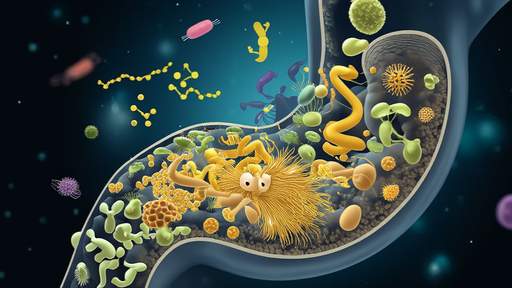
By /Jun 5, 2025
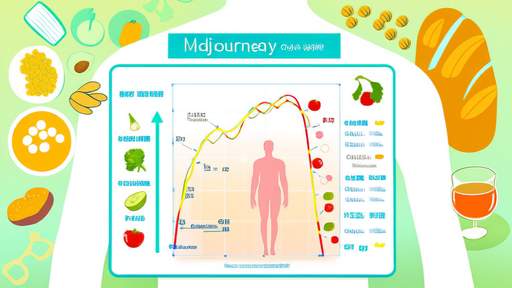
By /Jun 5, 2025
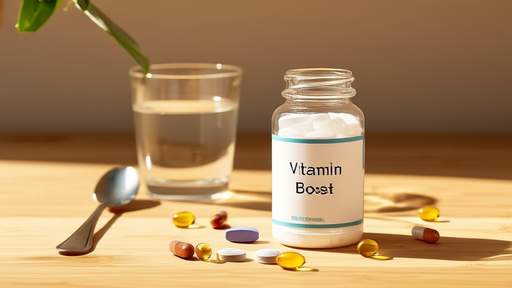
By /Jun 5, 2025

By /Jun 5, 2025
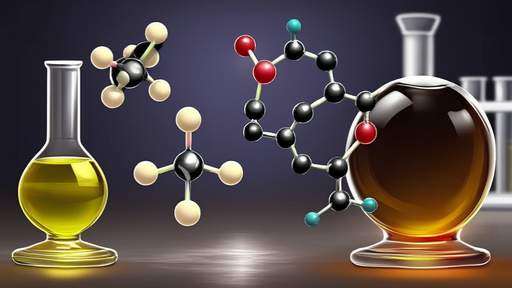
By /Jun 5, 2025

By /Jun 5, 2025
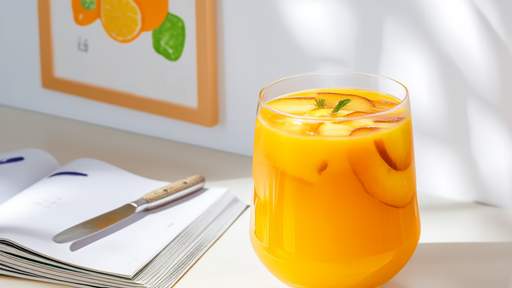
By /Jun 5, 2025
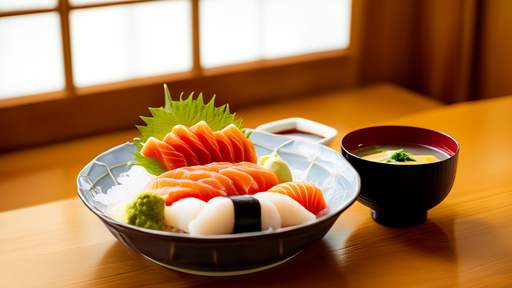
By /Jun 5, 2025

By /Jun 5, 2025

By /Jun 5, 2025